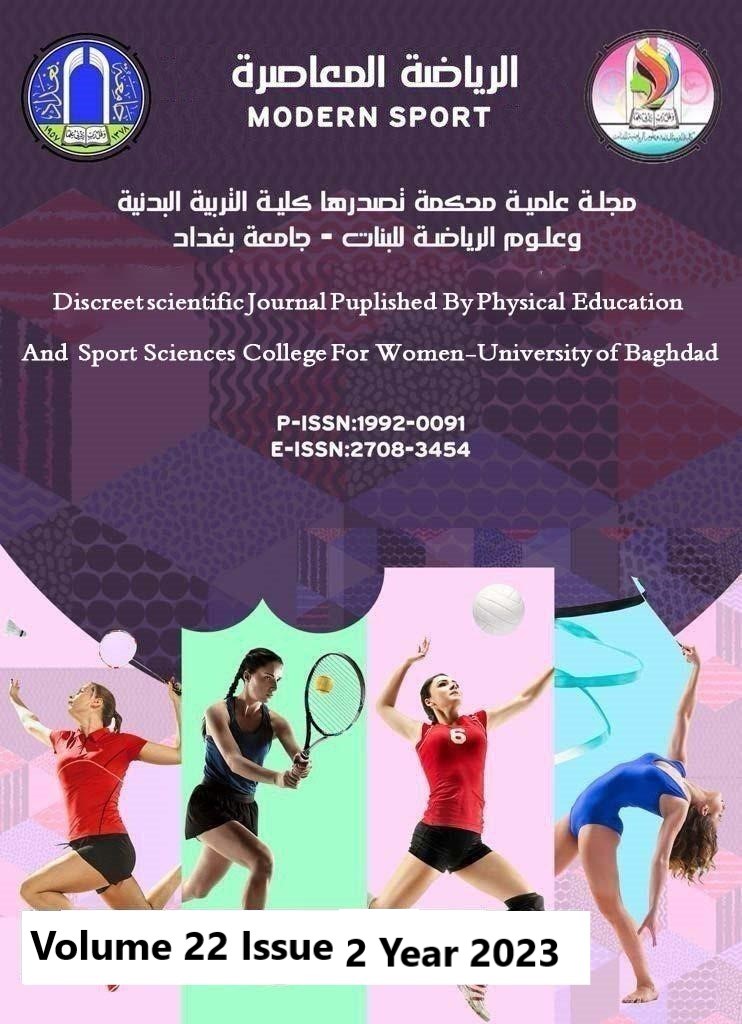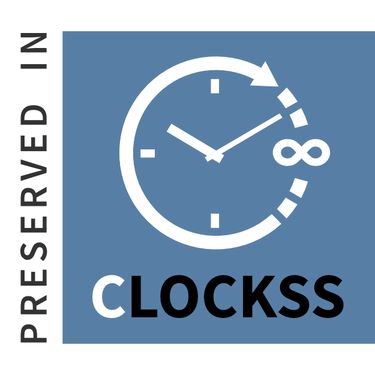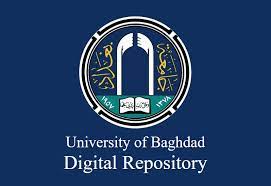بناء مقياس لإدارة المنظمات الرياضية عالية الأداء باستخدام تقنيات الذكاء الاصطناعي
DOI:
https://doi.org/10.54702/ms.v22i2.1114الكلمات المفتاحية:
المنظمات الرياضية عالية الأداء، تقنيات الذكاء الاصطناعيالملخص
تناولت الدراسة الحالية واحدة من أهم المشاكل التي تعاني منها المنظمات الرياضية عالية الاداء وهي عدم الاستفادة القصوى من تطبيقات تقنيات الذكاء الاصطناعي، فلقد تمثلت مشكلة البحث الأساسية في معرفة أثر تطبيق تقنيات الذكاء الاصطناعي في ادارة المنظمات الرياضية عالية الأداء وما مدى مساهمة تطبيقات تقنيات الذكاء الاصطناعي في تشخيص ومعالجة المعوقات الادارية والتقنية في اقسام النشاط الرياضي والمدرسي في المديريات العامة للتربية في محافظة بغداد للتوجه نحو الاداء العالي وفي هذا السياق، فلقد تمثل هدف الدراسة الرئيس في بناء مقياس للاطار المفاهيمي لتطبيقات تقنيات الذكاء الاصطناعي في المنظمات الرياضية عالية الاداء -اقسام النشاط الرياضي والمدرسي في المديريات العامة للتربية في محافظة بغداد أنموذجاً. ولغرض تحقيق أهداف الدراسة اتبعت الباحثتان المنهج الوصفي بالأسلوب التحليلي لملامته لطبيعة المشكلة كذلك القيام بدراسة استطلاعيه غير مقننه في اقسام النشاط الرياضي والمدرسي وكانت الاستبانة هي الأداة المستخدمة في ذلك، وتوصلت الدراسة إلى بناء مقياس رصين لتطبيقات تقنيات الذكاء الاصطناعي في المنظمات الرياضية عالية الاداء ومكون من خمس محاور وهي النظم الخبيرة والواقع الافتراضي والوكلاء الاذكياء وتقنيات المعلومات واتمتة العمليات وقد جاء اختيار حجم العينة مساويا للمجتمع لتلام طبيعة البحث، وقد تم اثبات صدق وموثوقية هذا المقياس من خلال الوسائل الإحصائية كمعامل الفا كرو نباخ بمقدار 89,7، لقد احتوت محاور المقياس الخمسة على خمسة وعشرون عبارة، ولقد تراوحت الأهمية النسبية لهذه العبارات ما بين (63-84)%، وكانت اعلى قيمه للأهمية النسبية تبلغ 84% لعباره الثانية من محور النظم الخبيرة وهي (تعمل النظم الخبيرة كخبير استشاري للإدارة العليا في اقسام النشاط الرياضي والمدرسي لتسهم في اتخاذ القرارات الصحيحة)، بينما كانت اقل قيمة للأهمية النسبية لعبارة الأولى من محور الواقع الافتراضي وهي (استخدام الواقع الافتراضي في اقسام النشاط الرياضي والمدرسي يسهم في اكتساب مهارات متنوعة للموظفين ويعمل على تطوير الاداء الاداري والتقني)
المراجع
Faiq M. S. Al-Zwainy & Neran T. Hadal. (2016). Application artificial forecasting techniques in cost management. Journal of Engineering, 22(8), p:1-15. https://joe.uobaghdad.edu.iq/index.php/main/article/view/152/135
Aseel H. (2018). Evaluation of Job Performance According to the 360° Multilateral Technique for Physical Education Teachers in The General Directorates of Education in Baghdad Governorate. Master’s Thesis, College of Physical Education and Sports Sciences for women, University of Baghdad, Iraq.
Aseel H. and Lamya A. (2020). Evaluation of the Functional Performance of the Teachers of Physical Education Using Technique 360°. Modern Sport, 19(1), 0140.
https://doi.org/10.54702/msj.2020.19.1.0140
Salam Hantoush Rasheed & Safaa Sahib Naif. (2021). Strategic planning and its relationship to the administrative performance of the Iraqi Football Association. Modern Sport. Special issue of The First Online Scientific Conference.
https://jcopew.uobaghdad.edu.iq/index.php/sport/article/view/721/1080
Marwa Alaa Hussein and Sondos Musa Jawad. (2020). An analytical study of the vitality of the conscience of the senior leaderships in the boards of colleges and departments of physical education and sports science in Baghdad. Modern Sport, 19(4), 0086.
https://doi.org/10.54702/msj.2020.19.4.0086
Sondos Musa Jawad. (2011). Studying the role of the internal organization of public relations in developing the work of sports clubs. Modern Sport, 10(14), 141-156. https://jcopew.uobaghdad.edu.iq/index.php/sport/article/view/397/370
Ali Atieh Awad and Sondos Musa Jawad. (2021). The role of sports media (traditional and electronic) according to the gatekeeper theory in my project of female sports from the viewpoint of the teaching staff in the Faculties of Physical Education and Sports Sciences in Iraq. Modern Sport, Special issue of The First Online Scientific Conference.
https://jcopew.uobaghdad.edu.iq/index.php/sport/article/view/757/583
Hasan Hadi Atea and Sondos Musa Jawad. (2015). The Effect of Muscle Balance Exercises on Evaluating Anterior Pelvic Tilt in a Sample of Girls Aged 10-12 Years. Modern Sport, 14(2b), 141-156.
https://jcopew.uobaghdad.edu.iq/index.php/sport/article/view/211/193
Dhuha Hadi & Widad Kadhum. (2021). Building and measuring e-learning scale from the point of view of students of the College of Physical Education and Sports Sciences - University of Baghdad. Modern Sport, 20(4), 0126.
https://doi.org/10.54702/msj.2021.20.4.0126
Saba Qais Ghadban. (2018). Management of wisdom and its relationship to the effectiveness of strategic decisions among members of the boards of faculties of physical education and sports sciences in the universities of Iraq. Modern Sport, 17(4), 1-22. https://jcopew.uobaghdad.edu.iq/index.php/sport/article/view/830/626
Haider Ali Mousa and Marwa Khalid Khazaal. (2021). Crisis management in the sports and school activity department from the viewpoint of workers in the Baghdad Education Directorate, Rusafa 2. Modern Sport, Special issue of The First Online Scientific Conference. https://jcopew.uobaghdad.edu.iq/index.php/sport/article/view/718/1078
Israa Jassim & Maysaa Nadeem. (2022). Building and applying a measure of educational supervision patterns for supervisors of the directorates of education in the southern region. Modern Sport, 21(1), 0107.
https://doi.org/10.54702/msj.2022.21.1.0107
Sabah W. (2023). Evaluating Human and Financial Resources in Table Tennis from the workers point of View. jope;28(4.1):213-32. Available from: https://doi.org/10.37359/JOPE.V28(4.1)2016.442
Sarah Salah & Zina Abdulsalam. (2022). Academic resilience and a relationship to the performance of the handstand skill College of Physical Education and Sports Science for women, University of Baghdad. Modern Sport, 21(2), 0001. https://doi.org/10.54702/msj.2022.21.2.0001
التنزيلات
منشور
إصدار
القسم
الرخصة
الحقوق الفكرية (c) 2023 الرياضة المعاصرة

هذا العمل مرخص بموجب Creative Commons Attribution 4.0 International License.















